Java Basic Programs Course
Java Basic Programs
Begin your journey to mastering Java basic programs today! Enroll in our free course and develop essential programming skills that will help you excel in your career
Instructor:
Ms. Aakansha BaluniAbout this course
In this course, we will cover essential topics that every beginner must learn to master the basics of Java programming. You will learn how to write programs for Factorial, Fibonacci Series, Palindrome, Reversal of a String, Prime Number, Armstrong Number, Pattern Programming, Matrix multiplication, Call by Value, and Sorting of an Array. The course starts with the introduction of each topic, followed by an explanation of the logic and implementation of the program. You will also get the opportunity to practice what you have learned through practical examples and exercises.
Additionally, this course provides various case studies and projects, which will help you to understand how to apply the learned concepts in real-world scenarios. Furthermore, there will be demonstrations of how to use the programs and solve different problems using them. By the end of this course, you will have a good understanding of Java programming basics, which will help you to write efficient code and solve complex problems with ease. Join us now and start your journey to become a Java programming expert!
Explore our Software Engineering Courses today.
Course outline
Factorial
Factorial in Mathematics is a mechanism in which the product of all the whole numbers less than and equal to the given number is calculated. For example: 3! = 6
Fibonacci Series
Fibonacci Series is the series of numbers obtained by adding the previous two numbers. For example: 1 1 2 3 5 8 13
Palindrome
A palindrome is a sequence of numbers or characters similar to its reverse. The number/character is similar when read from the front and the end. For example: 12321, 34543
Reversal of a String
A string is a set of characters. Reversal of a String is a program where each character of a string is reversed. For example: string = hello, reversed string = olleh
Prime Number
The number is divisible by 1, which is called the prime number. A prime number is a program to find if the given number is prime or not.
Armstrong Number
The Armstrong number is a number that is equal to the sum of cubes of its digits. Armstrong number program checks if the given number is an Armstrong number or not. For example: 153
Pattern Programming
Pattern programming is the sequence of numbers/characters/symbols in any defined pattern. Pattern programming is writing codes for creating such patterns. For example: pyramid pattern, inverse pyramid pattern, etc.
Matrix multiplication
Matrix multiplication is the product of two matrices, and a matrix is a two-dimensional representation of numbers that consists of rows and columns.
Call by Value
The call by value is a method of passing arguments to a function that copies the actual value of an argument into the function's formal parameter.
Sorting of an Array
In this module, we will write a program to arrange the elements of an array into ascending order. Different sorting algorithms can be used to sort.
Get access to the complete curriculum once you enroll in the course
Level up with advanced skills & become job ready with Pro+
Subscribe to Pro+ today to build skills with 50+ Pro courses and prep for jobs with advanced AI tools.
.png)

Practice exercises

Guided Projects

AI Resume Builder

AI mock interviews
Our course instructor

Ms. Aakansha Baluni
Mentor for Aptitude Training
IT & Software Expert
Frequently Asked Questions
Will I receive a certificate upon completing this free course?
Is this course free?
Is Java different from C++?
Yes, they are different.
Both Java and C++ have been heavily used for the last 4-5 decades. They both follow the same syntax. Both are based on the object-oriented concept and are used in major enterprise platforms of the world. Hence converting a program from Java to C++ and vice versa is easy as the style and syntax of both are very similar.
However, despite these similarities, the two languages are very different. Java is an interpreted language, while C++ is a compiled language. Memory management (garbage collection) is automatic in Java, whereas in C++, memory has to be managed manually. Java is memory safe, i.e., any assignment of values outside of the given array parameters will result in an error, whereas C++ is not hardbound on this. Java being more of an interpreted language, is slower than C++. C++ code gets compiled to binaries and is faster to run than Java programs. Java has had multithreading support since its inception, whereas C++ has proper multithreaded support added in the C++11 revision. Java has no pointers, whereas C++ has. C++ has both global and local namespaces, whereas Java has no concept of the namespace. Java code is portable, whereas C++ code has to be compiled on each platform before running.
Is Java Code Portable?
Yes, Java programs are portable across hardware platforms and operating systems. It is portable because of many reasons. The Java language is completely specified, with all data-type sizes and formats being included in the language definitions.
Secondly, the Java class library is available on any machine with a Java runtime system making it possible to use the same class library on every platform. Thirdly, Java works as byte code. The JRT or Java runtime system does not compile your source code directly into machine language, an inflexible and no portable representation of your program. Instead, Java programs are translated into machine-independent byte code. The byte code is easily interpreted and can be executed on any platform having a Java runtime system.
What makes Java Secure?
The Java language is very secure because it is inherently difficult to write incorrect code or viruses that can corrupt or steal your data or harm hardware such as hard disks. There are two directions that make Java programs secure. We have no pointer arithmetic, garbage collection, array bounds checking, and no illegal data conversions at the interpreter level. And at the browser and applet level, we have no local file I/O, sockets bound to the host only, and denial of calls to native methods.
Is Java Robust?
Yes, Java is very robust due to many reasons such as no pointer arithmetic, automatic garbage collection resulting in no bad addresses, array and string bounds checking, no jumping to bad method addresses, and well-defined interfaces and exceptions.
Why should I learn Java ?
Java is one of the most popular high-level programming languages in present times. We can design customized lightweight multipurpose applications in Java. It is a must to get any kind of programming job in the backend or application engineering team in any software industry. One should learn Java because of the following reasons
-
Java has been the number one choice of programmers for over a decade
-
Java expertise and experience fetch more salary
-
Java has an easy learning curve
-
Java has a large community base, up to date documentation, and abundant API set to choose from
-
Java is free to use and has huge offerings in open source.
-
Java is platform-independent
-
Java is multipurpose
What are the basic Java programs ?
Every programmer starts his or her Java journey with a simple Hello World program. This also serves as a status check that the JAVA setup is correct. After that, the learner should move towards basic programs that are focused on Java fundamentals, such as arrays, functions, loops, and classes. Some of the basic programs to begin with are:
-
Finding factorial of a number
-
Building a dynamic list of integers and doing a binary search in it
-
Writing a simple Calculator tool doing basic BODMAS operation
-
Checking if a string is Palindrome or not
-
Given a number n, generate all Fibonacci numbers up to not
-
Sorting a list of integers using your own version of Quicksort (not library function)
-
Detecting a sub-string within a given string
-
Check if a number is PERFECT.
-
Generating all prime numbers less than a given number
Where can I practice Java programming?
You can practice Java programming using two ways. First, you can install Java, and any of its recommended IDEs on your local machine set the required path, and start writing programs. Secondly, there are many websites that help programmers to practice Java coding online. The coding skill of a programmer who is learning a programming language can be improved at a much faster rate if he or she solves more and more coding challenges and these websites offer challenging problems in abundance.
What is the best source or place from where one can learn Java ?
There are many places to learn Java. Great Learning Academy is one of them which gives you access to 1000+ courses on different topics and domains.
Which IDE do you recommend for Java ?
We would recommend three IDEs for server-side Java development i.e. IntelliJ IDEA, Eclipse, and NetBeans. All of the three are feature-rich and are heavily used in both industry and academia.
Will I get a certificate after completing this Java Basic Programs free course?
Yes, you will get a certificate of completion for Java Basic Programs after completing all the modules and cracking the assessment. The assessment tests your knowledge of the subject and badges your skills.
How much does this Java Basic Programs course cost?
It is an entirely free course from Great Learning Academy. anyone interested in learning the basics of Java Basic Programs can get started with this course.
Is there any limit on how many times I can take this free course?
Once you enroll in the Java Basic Programs course, you have lifetime access to it. So, you can log in anytime and learn it for free online.
Can I sign up for multiple courses from Great Learning Academy at the same time?
Yes, you can enroll in as many courses as you want from Great Learning Academy. There is no limit to the number of courses you can enroll in at once, but since the courses offered by Great Learning Academy are free, we suggest you learn one by one to get the best out of the subject.
Why choose Great Learning Academy for this free Java Basic Programs course?
Great Learning Academy provides this Java Basic Programs course for free online. The course is self-paced and helps you understand various topics that fall under the subject with solved problems and demonstrated examples. The course is carefully designed, keeping in mind to cater to both beginners and professionals, and is delivered by subject experts. Great Learning is a global ed-tech platform dedicated to developing competent professionals. Great Learning Academy is an initiative by Great Learning that offers in-demand free online courses to help people advance in their jobs. More than 5 million learners from 140 countries have benefited from Great Learning Academy's free online courses with certificates. It is a one-stop place for all of a learner's goals.
What are the steps to enroll in this Java Basic Programs course?
Enrolling in any of the Great Learning Academy’s courses is just one step process. Sign-up for the course, you are interested in learning through your E-mail ID and start learning them for free online.
Will I have lifetime access to this free Java Basic Programs course?
Yes, once you enroll in the course, you will have lifetime access, where you can log in and learn whenever you want to.
Other IT & Software tutorials for you
Java Basic Programs
Java is a popular programming language that is widely used for developing web applications, mobile apps, and desktop applications. It is a versatile language that can handle complex programming tasks with ease. In this article, we will discuss some of the basic programs in Java.
Factorial Program
The factorial program is one of the fundamental programs in Java. It calculates the factorial of a given number. The factorial of a number is the product of all the numbers from 1 to that number. For example, the factorial of 5 is 54321, which is equal to 120.
Fibonacci Series Program
The Fibonacci series program is another important program in Java. The Fibonacci series is a sequence of numbers in which each number is the sum of the two preceding numbers. The first two numbers in the series are 0 and 1. The next number is the sum of the two preceding numbers. For example, the first 10 numbers in the Fibonacci series are 0, 1, 1, 2, 3, 5, 8, 13, 21, and 34.
Palindrome Program
The Palindrome program is used to check whether a given word or phrase is a palindrome or not. A palindrome is a word or phrase that is spelled the same way forwards and backward. For example, the words "racecar" and "level" are palindromes.
Reversal of a String Program
The Reversal of a String program is used to reverse a given string. This program is used to reverse a word, phrase, or sentence. For example, if the input is "Hello World", the output will be "dlroW olleH".
Prime Number Program
The Prime Number program is used to check whether a given number is a prime number or not. A prime number is a number that is divisible only by 1 and itself. For example, 2, 3, 5, 7, 11, and 13 are prime numbers.
Armstrong Number Program
The Armstrong Number program is used to check whether a given number is an Armstrong number or not. An Armstrong number is a number in which the sum of the cubes of its digits is equal to the number itself. For example, 153 is an Armstrong number because 1^3 + 5^3 + 3^3 = 153.
Pattern Programming
Pattern programming is used to print various patterns using loops in Java. It is a simple program that is used to understand the basic concepts of loops in Java.
Matrix Multiplication Program
The Matrix Multiplication program is used to multiply two matrices in Java. It is a program that is used in various scientific and mathematical calculations.
Call by Value Program
The Call by Value program is used to pass the value of a variable to a function. It is a simple program that is used to understand the concept of passing values to a function in Java.
Sorting of an Array Program
The Sorting of an Array program is used to sort an array of numbers in ascending or descending order. It is a program that is used in various applications to sort data.
Conclusion
In this article, we discussed some of the basic programs in Java. These programs are essential for understanding the fundamental concepts of Java programming. By understanding the implementation of these programs, you can develop more complex programs in Java.

 4.45
4.45













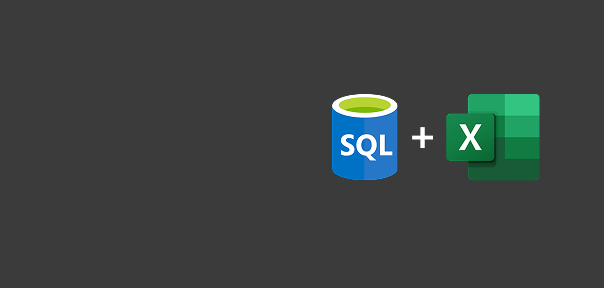



.jpg)





 (1).png)
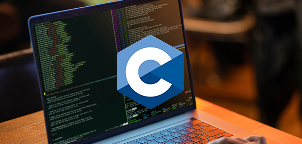

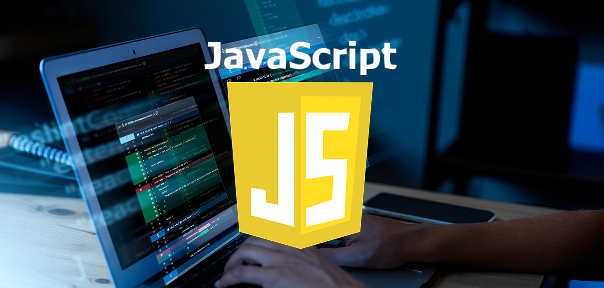
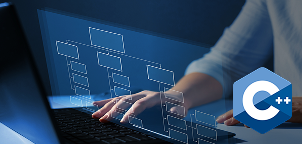
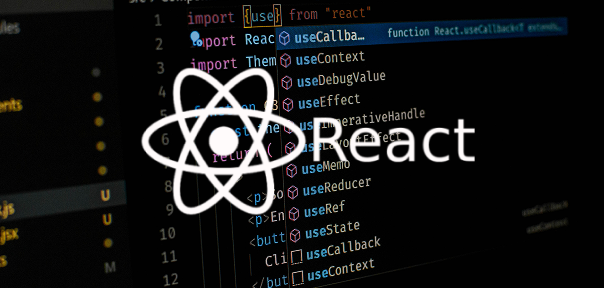
.png)
.jpg)

.jpg)
.png)
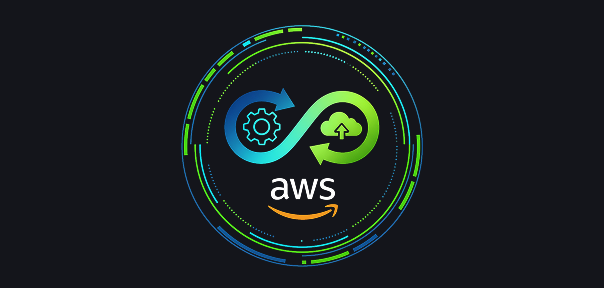





.jpg)

.jpg)
 (1).jpg)
.png)
.jpg)
.jpeg)
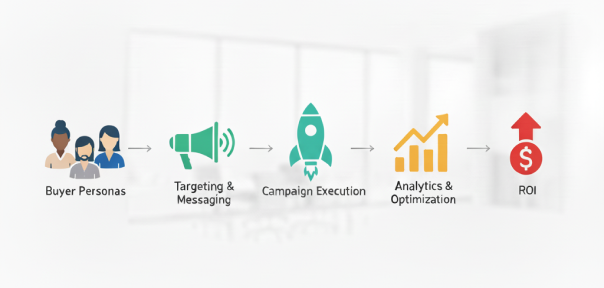


.png)
.png)
.png)
.png)
.png)

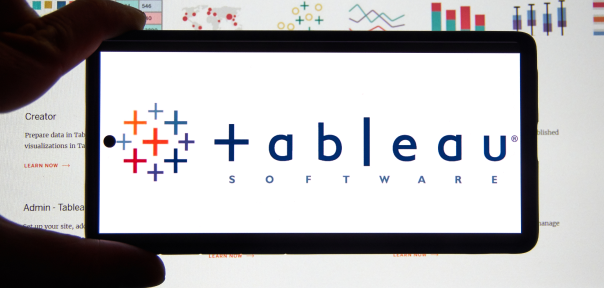
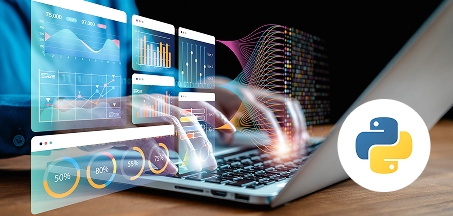
.png)
.png)


.jpg)
.png)
.png)

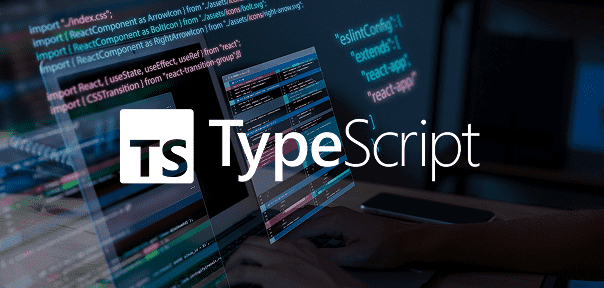
.png)
.png)

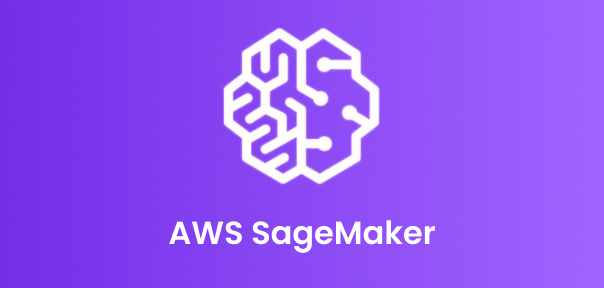


.png)
.png)

.png)

.png)
.png)
.png)


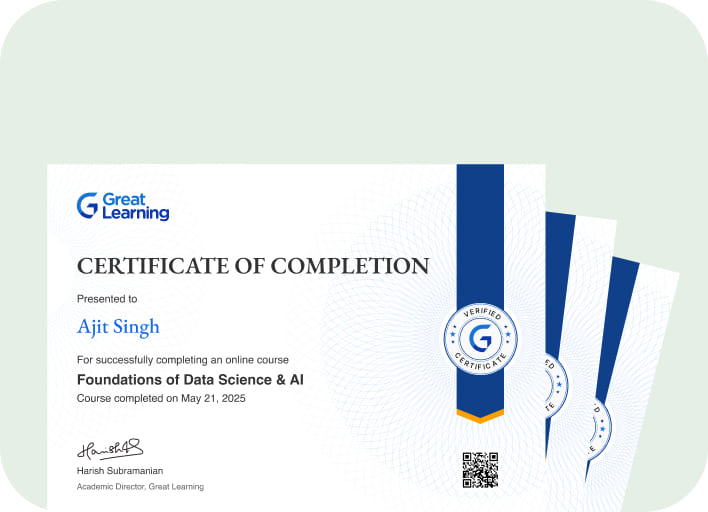
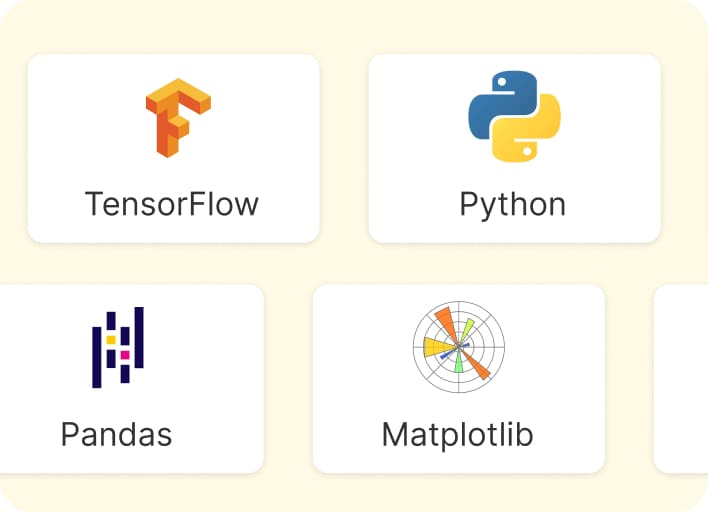
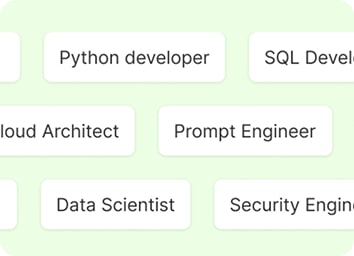







.jpg)


